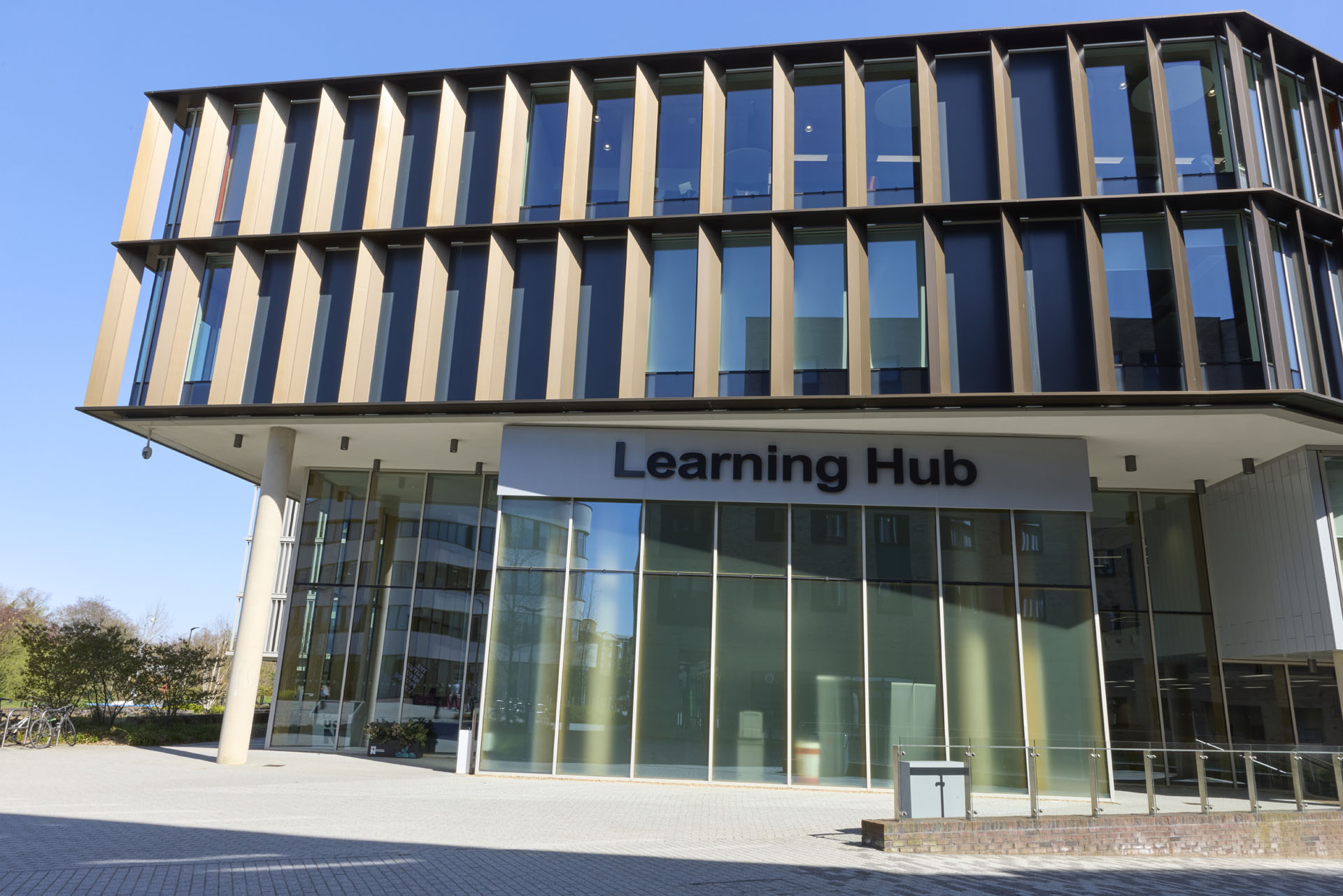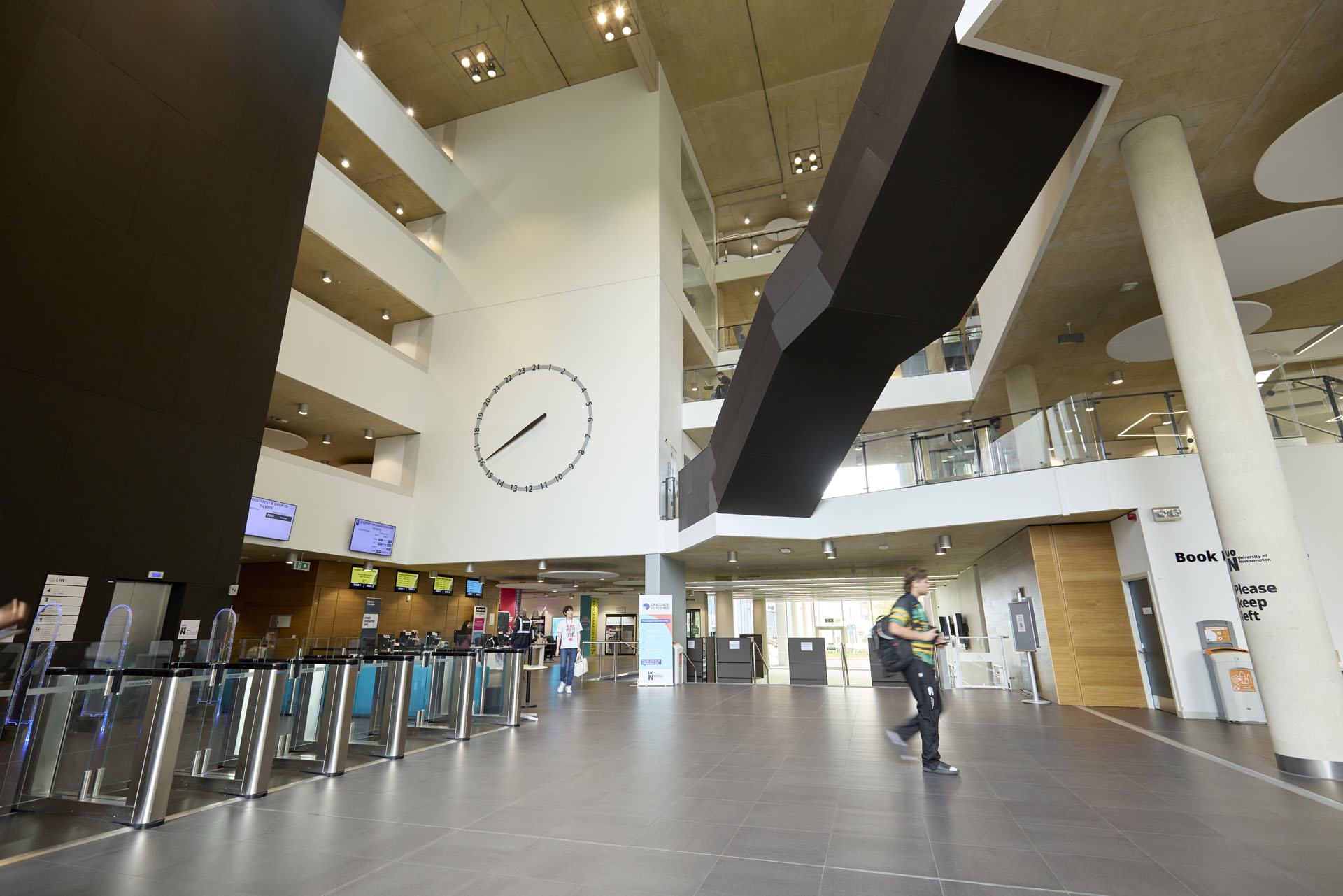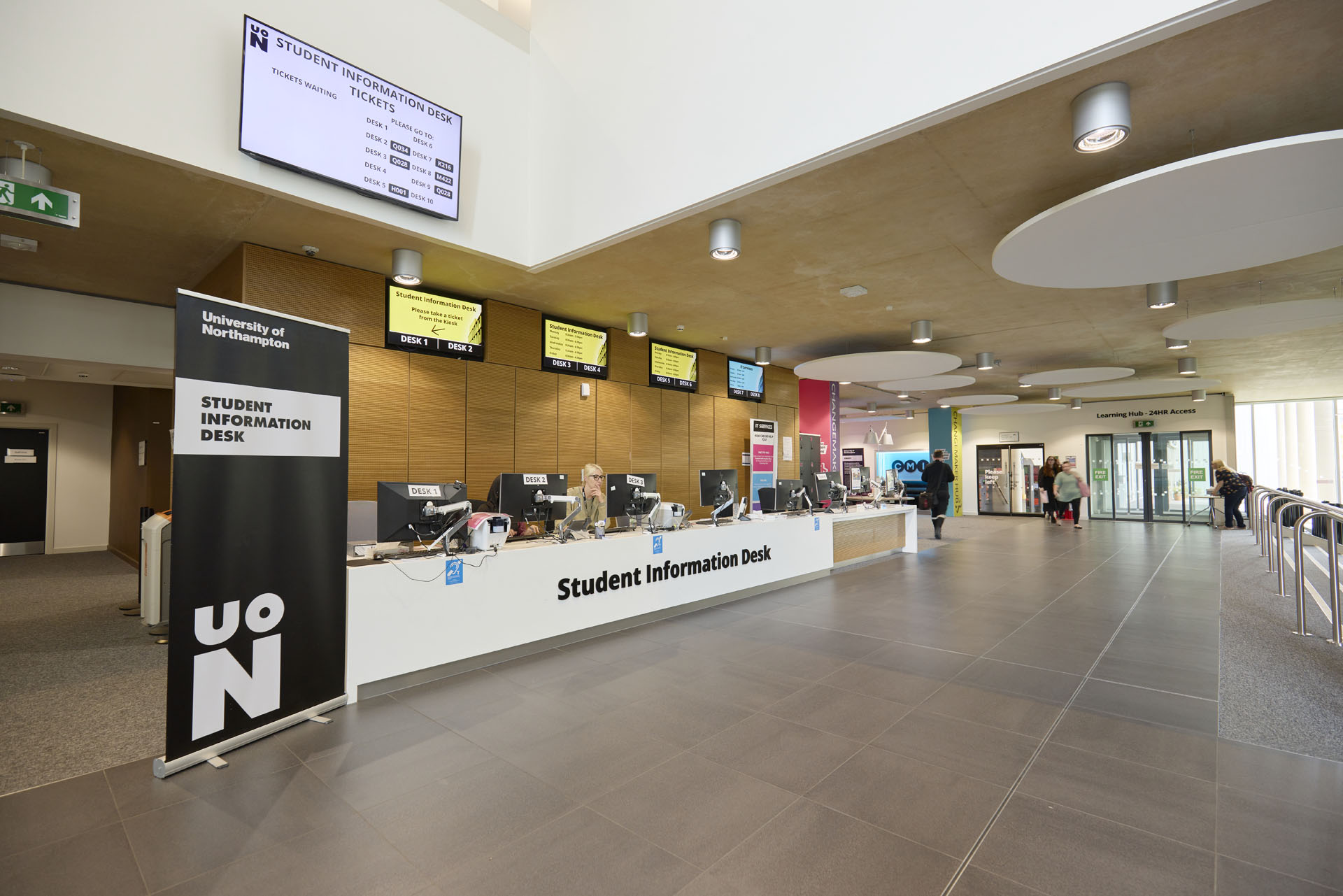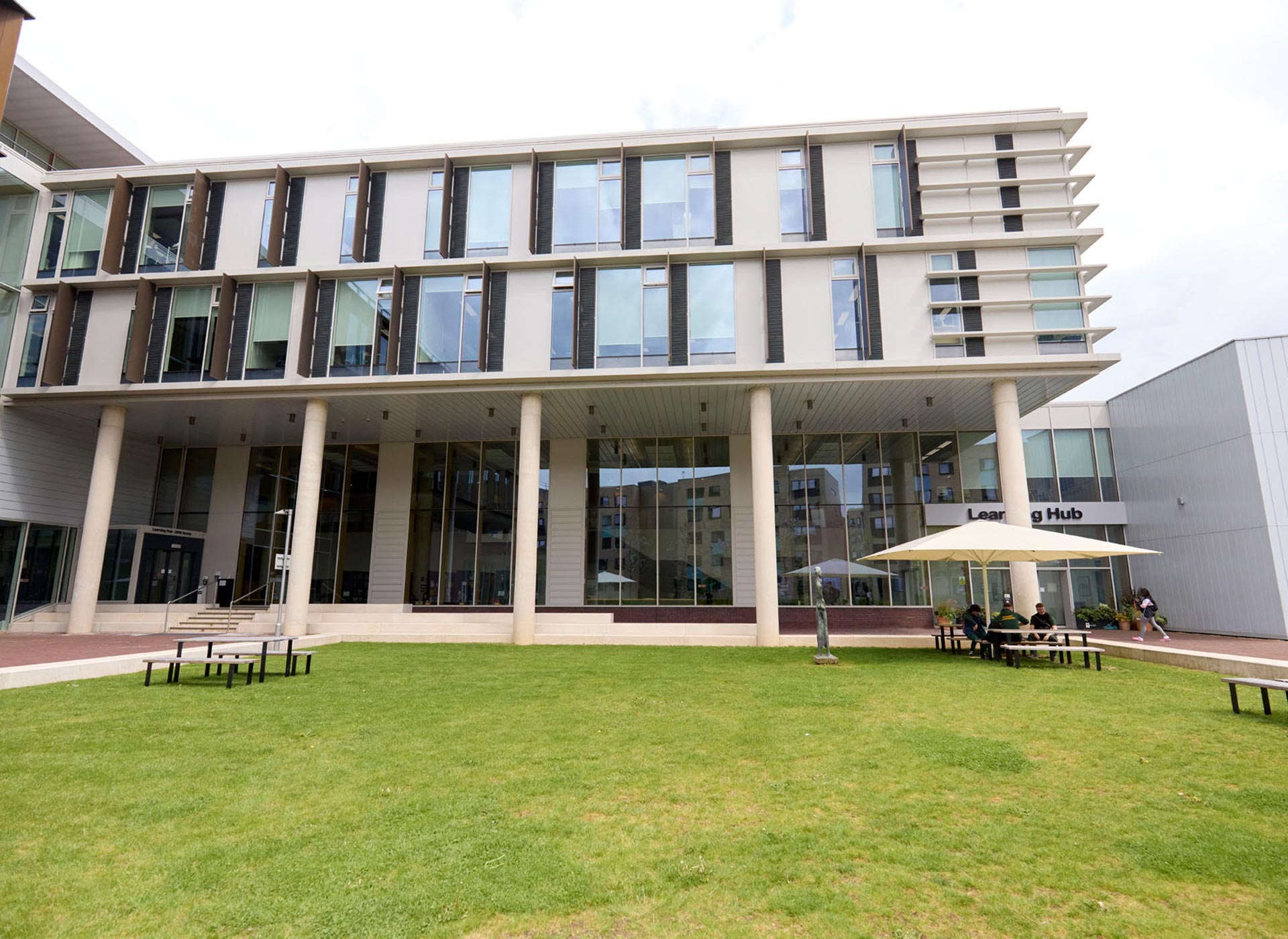Senior Lecturer in Education (SEN and Inclusion)
Faculty of Health, Education and Society

Special Educational Needs and Inclusion (Autism Pathway) MA
Key Facts
-
Level
Master'sPG MA
-
Duration
1 year full time
2 years part time -
Starting
September, January
-
Full Time: £8,500
Part Time: £4,250 per 90 credits -
Full Time: £17,495
-
Waterside
Updated 09/04/2025
Updated 09/04/2025
Get in touch
For questions regarding study and admissions please contact us:
UK STUDENTS ENQUIRIES
study@northampton.ac.uk
0300 303 2772
INTERNATIONAL STUDENTS ENQUIRIES
Overview
This course will help you to develop your knowledge and skills in the field of Special Educational Needs and Inclusion, specialising in the autism spectrum, including Asperger syndrome. This specialist pathway is ideal for professionals working in early years, primary or secondary schools, further and higher education, voluntary sector, advisory roles, and residential settings. You can also study this course if you have a personal interest, subject to entry requirements.
Special Educational Needs and Inclusion will give you in-depth knowledge and understanding of various aspects related to autism. Our modules will help you to understand autism from the perspective of the individual and the family, focusing on theories that explore the strengths and needs of individuals. In order to help you evaluate best practice, including your own, we will take you through a thorough analysis of evidence-based approaches. Overall, we aim to help you to reduce the barriers that individuals with autism face in education and wider society.
Highlights
- The course has a highly experienced and supportive teaching team who have a variety of teaching and research experiences in autism, which are embedded into the learning experience
- Modules are relevant to those working, or have aspirations of working, in services or settings which support individuals with autism
- The Subject Area has a strong reputation for research in autism. As a result, there are opportunities to pursue your research interests towards a PhD
Entry Requirements
Applicants will possess one of the following:
- Good honours Degree of a UK University or,
- Good honours Degree from a recognised University other than in the UK or,
- QTS or equivalent. Applicants working in children’s services without QTS with an ordinary degree or Early Years Teacher Status or QTLS will be considered. Or,
- Applicants who have recent professional experience of three years or more will be positively considered. In this case the applicants will be interviewed and must demonstrate suitability for the course by providing: portfolio evidence of significant professional engagement in education or services for children at graduate equivalent level and/or a piece of written text. This portfolio sets out details of the relevant career pathway of the candidate, including a summary of their specific responsibilities relating to children & young people in schools or other settings. Or,
- Applicants who have achieved level 7 credits undertaken on a UK accredited initial teacher education programme will be eligible to join the MA SEN & Inclusion with a maximum of 60 credits if applicants are able to demonstrate that their level 7 credits focussed upon an SEN specialism and was achieved recently. Or,
- Applicants who have achieved level 7 credits on the Postgraduate Certificate Special Educational Needs (SEN) Coordination will be eligible to join the MA SEN & Inclusion with a maximum of 60 credits.
For more more information on how to make an application, please visit our How to Apply page.
If you are an International student and would like information on making an application, please see our How to Apply page.
Course Content
Fees and Funding
2025/26 Tuition Fees
Fees quoted relate to study in the Academic Year 25/26 only and may be subject to inflationary increases in future years.
- UK – Full Time: £8,500
- UK – Part Time: £4,250 per 90 credits year one and £4,250 year 2*
- International – Full Time: £17,495
*may be subject to inflationary increases in future years.
Staff
Careers and Employability
If you are already working in the field of autism then the in-depth knowledge you will gain from this programme can help you to improve your practice or apply for management positions. A range of other career options in education, social care and voluntary sectors will be possible, such as being an advocate, learning mentor, or family adviser. For those who want to pursue further post-graduate research there is also a possibility of studying for a PhD.














